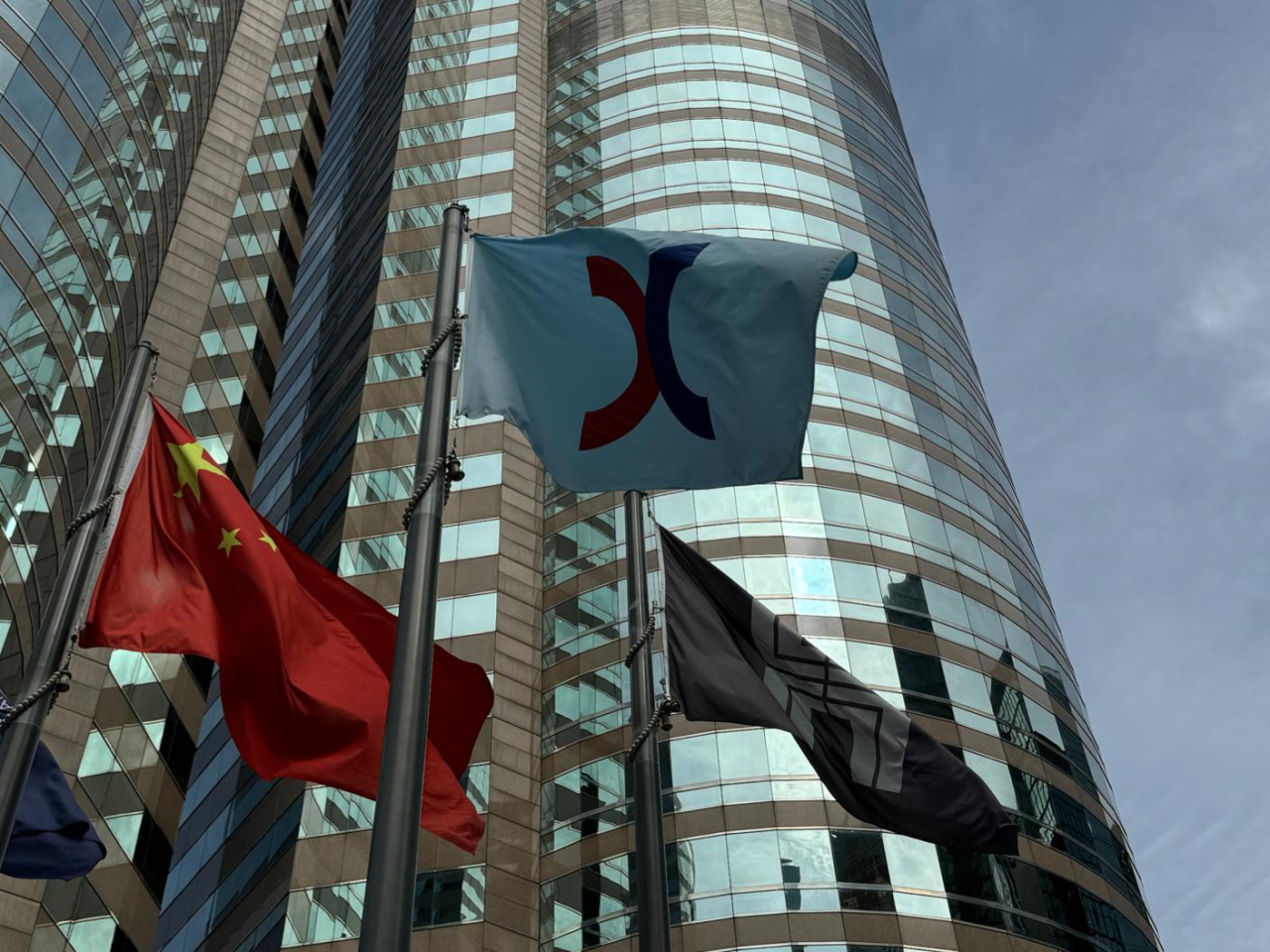Mainland stocks retreated from a 10-year high on Friday while Hong Kong shares logged the longest losing streak since March, as fresh geopolitical frictions curbed investors' risk appetite and prompted profit-taking.
The benchmark Hang Seng Index ended down down 462 points, or 1.73 percent, to close at 26,290, its fifth consecutive decline and the longest losing streak since March.
The Hang Seng China Enterprises Index lost 1.8 percent to end at 9,358 while the Hang Seng Tech Index plummeted 3.27 percent to 6,259.
On the mainland, the benchmark Shanghai Composite Index ended down 0.94 percent at 3,897 after touching its highest since 2015 on Thursday while the Shenzhen Component Index closed 2.7 percent lower at 13,355.
The ChiNext Index, tracking China's Nasdaq-style board of growth enterprises, lost 4.55 percent to close at 3,113.
China's blue-chip CSI300 Index dropped 2 percent, the biggest single-day decline in nearly five weeks.
Sentiment weakened after China expanded rare earths export controls, following US lawmakers' call earlier this week for broader bans on the export of chipmaking equipment to China.
Beijing has also tightened checks on Nvidia's artificial intelligence processor imports at major ports, according to the Financial Times.
"We believe the US and China could both be strengthening their leverage in trade talks, ahead of a potential summit between the two presidents," Citi analysts said in a note, referring to President Xi Jinping's possible meeting with his US counterpart Donald Trump in South Korea this month.
The CSI Rare Earth Index declined 2.9 percent. Shenzhen-listed shares of battery maker Contemporary Amperex Technology fell 6.8 percent and CALB declined 9.7 percent.
Profit-taking in chip-related shares ramped up following recent outperformance. The CSI Semiconductor Index slipped 5 percent, the AI sector was down 4.8 percent and the IT sector retreated 5.2 percent.
Electric vehicle-related shares were also under pressure with New Energy Vehicles Index down 6 percent, after regulators revised tax-exemption rules.
"Market sentiment is shifting gears, moving from a liquidity narrative toward profit-driven dynamics," Yintai Securities said in a note.
The upward momentum of onshore markets is expected to slow down, with benchmark indexes likely dominated by sideways consolidation, they added. (Reuters/Xinhua)





